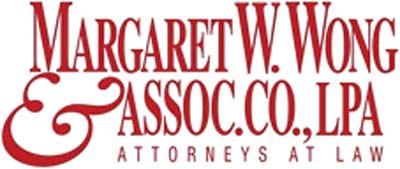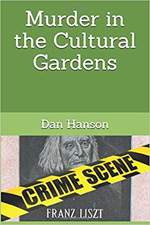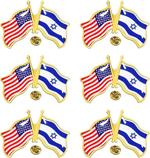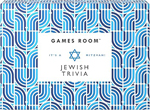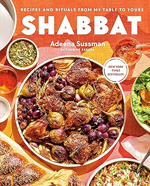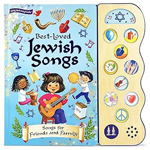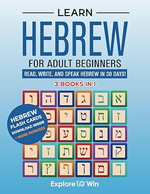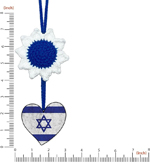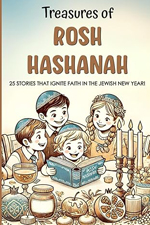In 2009 Yom Kippur begins at sundown on Sunday September 27 and ends at nightfall on Monday September 28. Yom Kippur is the Jewish holiday of the Day of Atonement. It falls on the tenth day of the Hebrew month of Tishri. The Bible calls the day Yom Hakippurim (Hebrew, "Day of the Atonements"). Starting with Rosh Hashanah, Jewish New Year and ending with Yom Kippur, the period is considered Yamim Noraim (Hebrew, "Days of Awe"). The day is commemorated with a 25-hour fast and intensive prayer. It is the most holy day of the Jewish year. General observances Yom Kippur is the Jewish day of repentance, considered to be the holiest and most solemn day of the year. Its central theme is atonement and reconciliation. The following are prohibited - Eating
- Washing
- Wearing cosmetics
- Wearing leather shoes
- Conjugal relations
Total abstention from food and drink usually begins half-an-hour before sundown and ends after nightfall the following day. Although the fast is required of all healthy adults, it is specifically forbidden for anyone who might be harmed by it, such as pregnant women or sick people. Yom Kippur is observed in different ways in different Jewish communities. Sephardic Jews (Jews of Spanish, Portuguese and North African descent) refer to this holiday as "the White Fast." Consequently, many Jews have the custom of wearing only white clothing on this day, to symbolize their "white" (pure) desire to free themselves from sin. Ashkenazic Jews, while acknowledging the origins of the holiday as a day of rejoicing, tend to take a more somber, solemn attitude to the day.
Observances among secular Jews Yom Kippur is considered the holiest of Jewish holidays, and its observance is held even among the majority of secular Jews who may not strictly observe other holidays. Many secular Jews will fast and attend synagogue on Yom Kippur, where the number of worshippers attending is often double or triple the normal attendance. In Israel, public non-observance is taboo. Yom Kippur there has the nickname "Festival of Bicycles," referring to children's practice of freely riding their bicycles in the streets without motor vehicles presenting danger. In Israel on Yom Kippur there is no broadcast television, no public transportation, and the airports are closed. There is no commerce of any kind in the Jewish areas. Prayer services Prayer services begin with the prayer known as "Kol Nidre," which must be recited before sunset, and follows with the evening prayers, which include an extended Selichot service. The morning prayer service is preceded by litanies and petitions of forgiveness called selichot; on Yom Kippur, many selichot are woven into the liturgy. The morning prayers are followed by an added prayer (mussaf) as on all other holidays, followed by mincha (the afternoon prayer) and the added ne'ilah prayer specific for Yom Kippur. Yom Kippur comes to an end with a recitation of Shema Yisrael and the blowing of the shofar, which marks the conclusion of the fast. The Torah is read during the morning and afternoon prayers (Leviticus 16 and 18, respectively); the Book of Jonah is read as the haftarah in the afternoon. Depending on the version of the prayers, some communities pray continuously from morning until nightfall, while some include a short break. Every prayer includes the confession. Atonement Forgiveness and confession According to the Talmud, God opens three books on the first day of the year; one for the thoroughly wicked, another for the thoroughly pious, and the third for the large intermediate class. The fate of the thoroughly wicked and the thoroughly pious is determined on the spot; the destiny of the intermediate class is suspended until Yom Kippur, when the fate of everyone is sealed. Reconciliation with others The Day of Atonement absolves from sins against God, but not from sins against a fellow human unless the pardon of the offended person be secured. Hence the custom of terminating all feuds and disputes on the eve of the fast day (or in the ten-day period between Rosh Hashanah and Yom Kippur). Even the souls of the dead are included in the community of those pardoned on the Day of Atonement. It is customary for children to have public mention made in the synagogue of their departed parents, and to make charitable gifts on behalf of their souls. By Jim Evans
Back to Top
Back to Cleveland Jews | 